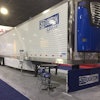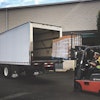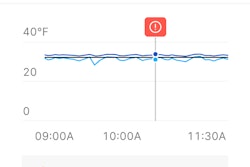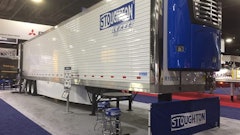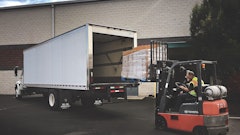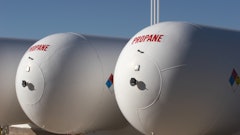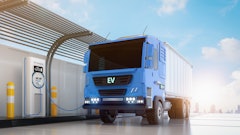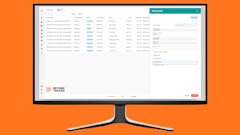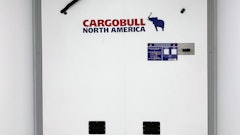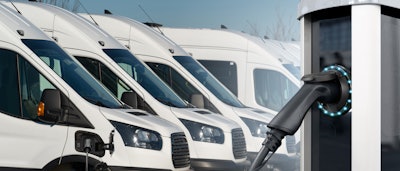
The California Air Resources Board (CARB) opened its Innovative Small E-Fleet (ISEF) voucher incentive, which will offer $83 million in assistance for small fleets transitioning to cleaner vehicles. The funding assistance program is part of the state’s Clean Truck and Bus Voucher Incentive program (HVIP) and will open for voucher requests starting Aug. 30.
“Ensuring a clean air future means that no one can be left behind, and the ISEF program is an example of the assistance that CARB is providing to ensure that fleets big and small understand how to do their part to achieve California’s zero-emissions goals, and have the support needed to be successful,” says CARB executive officer Dr. Steven Cliff. “Every new zero-emissions truck on the road means cleaner air and healthier communities.”
Key takeaways:
- The ISEF voucher program gives a boost to small fleets that may otherwise have challenges accessing incentive funding.
- The program also provides an opportunity to gather data about the needs of small fleets to better understand how to further support the transition toward zero-emissions technology.
- CARB increased the voucher program this year with an additional $50 million. Privately owned trucking companies and non-profits, including independent owner/operators, with 20 or fewer vehicles with a gross vehicle weight rating (GVWR) greater than 8,500 pounds and less than $15 million in annual revenue are eligible and can access funding that can cover costs related to the purchase and operation of zero-emission trucks.
- Eligible participants may request funding vouchers toward the purchase of a new zero-emission truck or for an innovative solution, which includes offerings not traditionally allowed in government-funded programs – flexible financing, fuel-included leases, rentals, and truck-as-a-service options to help offset costs.



